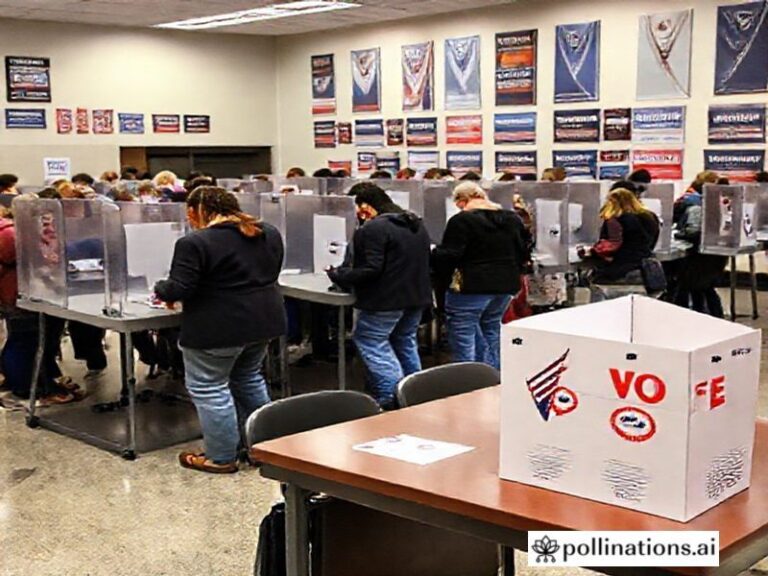Globalized Garden Warfare: How a Suburban Spat Over a Tree Branch Became a Multinational Trade Crisis
Backyard Brawl, International Edition: When Two Neighbors Go Full Gladiator and the World Watches with Popcorn
By the time the first folding-chair met its structural demise somewhere over the fence in suburban São Paulo last Tuesday, seventeen distinct time-zones already knew the combatants’ blood types, Spotify playlists, and preferred brand of ibuprofen. That is the miracle-slash-curse of the globalized backyard brawl: a spat that used to be settled with a garden hose and a stern talking-to now arrives on six continents faster than you can say “WorldStar.”
Consider the optics. In one corner, Señor Alvarez, whose avocado toast empire has quietly cornered the EU import market; in the other, Frau Schmidt, whose Berlin-based micro-influencer agency just landed a six-figure deal with a Bavarian oat-milk conglomerate. Their respective hedge-fund followers on FinTok (yes, that’s a thing) flooded the zone with live drone footage, turning a disagreement over a jacaranda branch into a proxy war for ESG credentials and EU-Mercosur trade leverage. The hashtag #TreeOrBust trended in four languages, three of which were invented by bored programmers during the last crypto winter.
Meanwhile, the algorithmic overlords—ever the impartial referees—decided the clip’s dramatic arc needed a soundtrack. Within minutes, AI-generated remixes stitched Wagner’s “Ride of the Valkyries” with Brazilian baile funk and a dash of K-pop, because nothing says “sovereignty dispute” like a bass drop calibrated for maximum engagement in Jakarta. The resulting mash-up now serves as the default hold music for three multinational call centers and one confused Latvian dating app.
Of course, the incident would have remained a quaint anecdote had it not triggered Article 5 of the International Passive-Aggressive Sanctions Accord (IPASA), a treaty so obscure even the interns at the Hague pretend it doesn’t exist. Under IPASA, any act of horticultural violence exceeding 2.5 decibels or involving more than one garden gnome automatically prompts retaliatory tariffs on artisanal jam. Overnight, Slovenian apricot farmers found their margins obliterated, while Korean beauty brands pivoted to “rage-proof” face masks said to withstand both pepper spray and awkward eye contact.
The macro implications kept piling on. Supply-chain analysts—those cheerful souls who can turn a playground scuffle into a freight-forwarding apocalypse—warned that the jacaranda branch in question was technically classified as “tropical hardwood,” thereby invoking EU deforestation regulations and a mandatory audit by a Belgian grad student named Joris. Container ships in Rotterdam began idling, just in case someone needed to ship the offending twig to a compliance facility in Luxembourg. The price of avocados in Stockholm jumped 14 percent, proving once again that Scandinavians will pay anything to feel morally superior about brunch.
Back on the ground, the combatants achieved the kind of détente usually reserved for nuclear powers: they agreed to split the branch, post matching Instagram stories about “growth through conflict,” and co-launch a mindfulness app called “BranchOut.” Early investors include a Saudi venture fund that also finances camel-racing NFTs, because diversification is the sincerest form of modern absolution.
By Friday, the United Nations issued a bland statement urging “restraint among homeowners,” which diplomats privately translated as “please stop uploading 4K slo-mo elbow drops.” Yet the episode already sits in the syllabus of a new graduate seminar at Sciences Po—“Suburban Micro-Aggressions and the Geopolitics of Hedge Clippers”—where future bureaucrats will learn to file the correct Form 27-B/6 whenever someone’s hydrangea encroaches on a trade corridor.
And so the backyard brawl joins the long, distinguished lineage of human folly elevated to planetary significance: a reminder that if you give two primates a fence and Wi-Fi, they’ll eventually invent a supply-chain crisis. The jacaranda branch will grow back, the bruises will fade, but somewhere in a server farm the clip auto-loops forever, racking up ad revenue for a holding company registered in the Cayman Islands. History may not repeat itself, but it definitely goes viral.







